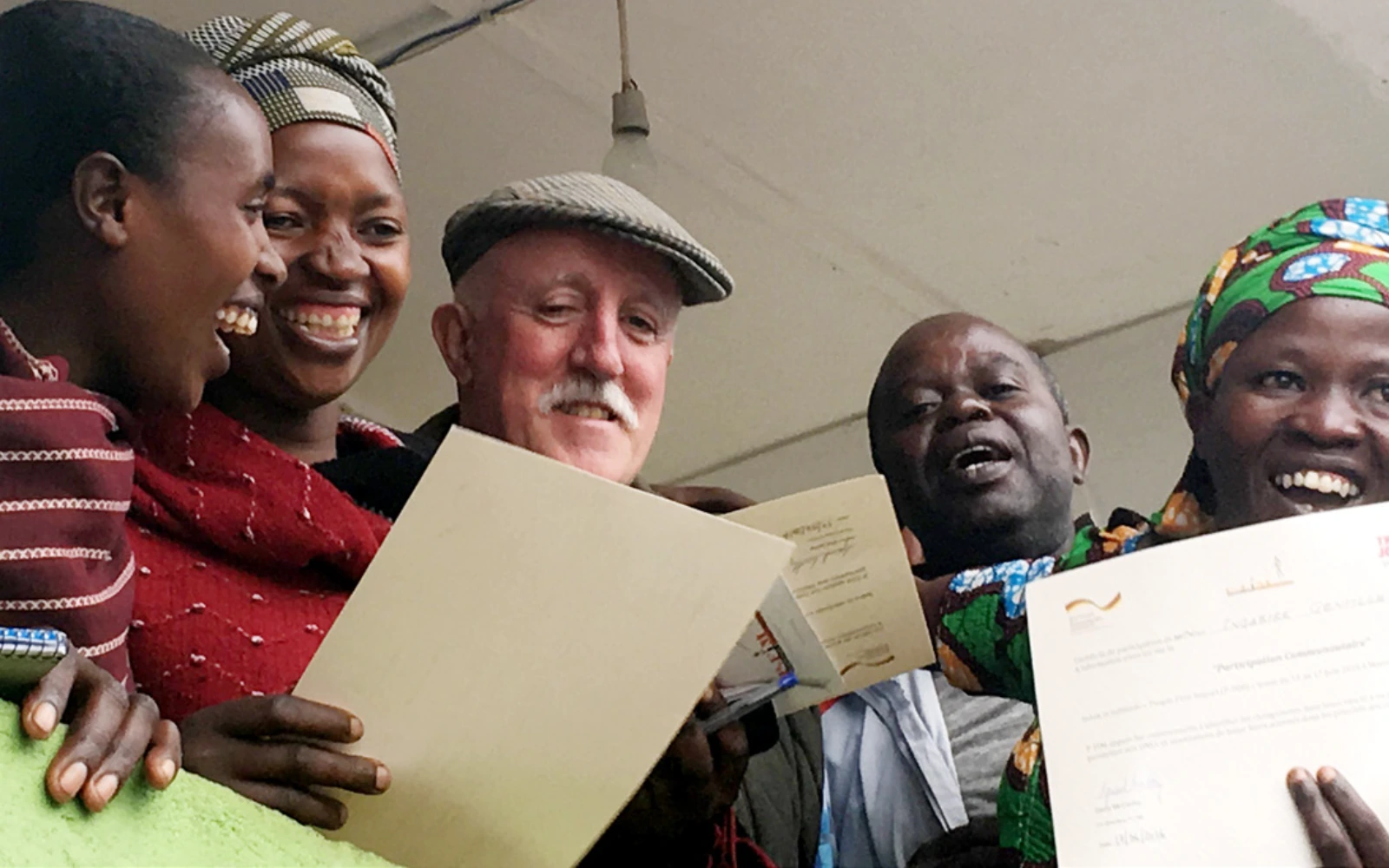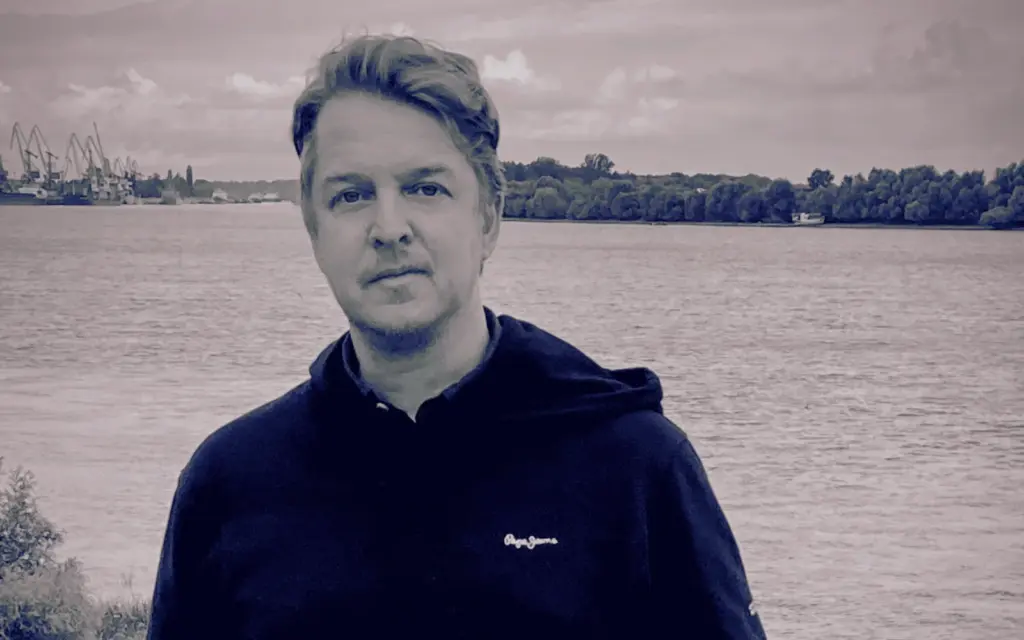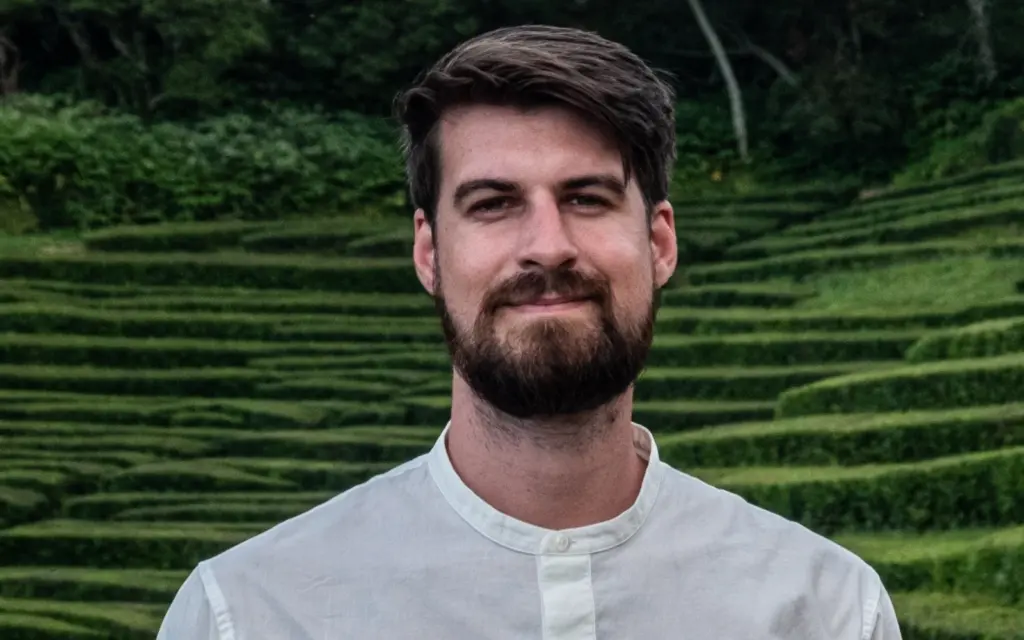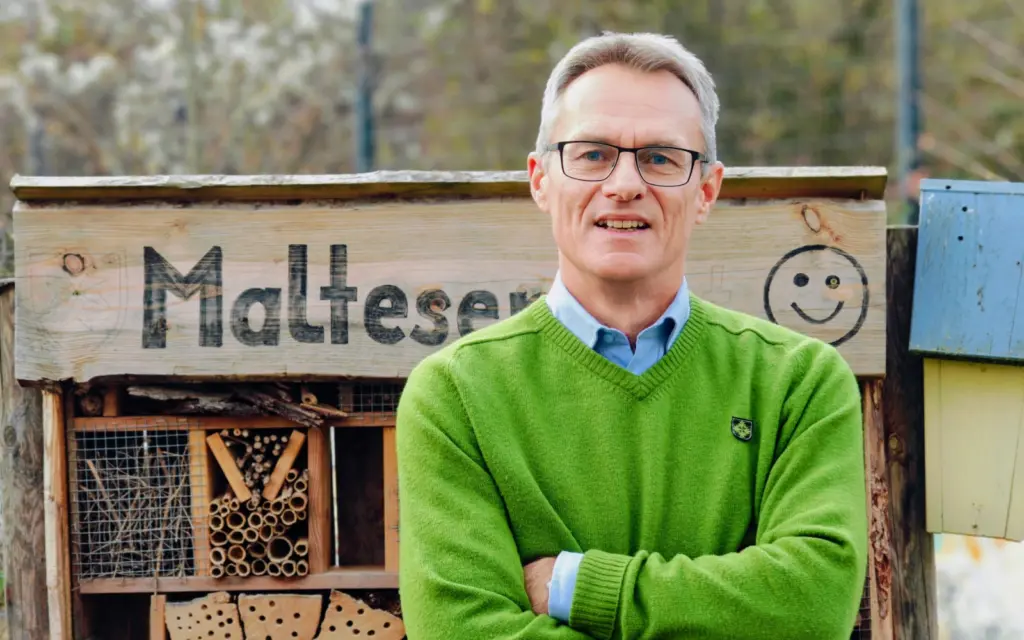OneSec: Localization is a big topic in the humanitarian sector. Many argue that local NGOs should take the lead because they are closer to the communities. Do you agree with that perspective?
Gerry McCarthy: Not entirely. There’s a common assumption that local NGOs are automatically better at representing affected communities, simply because they’re based closer to them. But proximity doesn’t always mean representation. Local NGOs, just like international ones, can be driven by special interests, tied to elite networks, or influenced by donor agendas. Localization isn’t about replacing one set of actors with another – replacing international NGOs with local NGOs. It’s about ensuring that all actors—whether local or international—work in a way that truly listens to and reflects the voices of the people. True localization must be about people, not agencies.
OneSec: That’s an important distinction. If it’s not just about shifting power to local organizations, what does true localization look like to you?
Gerry McCarthy: For me, localization is fundamentally about how projects are implemented, not who implements them. It’s about participatory engagement—creating spaces where community members can express their priorities and ideas without being overshadowed by external assumptions. This is what P-FIM is about: listening deeply and comprehensively to communities. When we do this, we learn not just about their needs but also about the solutions, ideas, and innovations they see for themselves.
OneSec: Could you give an example of what that participatory engagement looks like in practice?
Gerry McCarthy: Absolutely. Through P-FIM, we’ve facilitated countless sessions where communities can speak openly, often for the first time. One piece of feedback I hear repeatedly is, “This is the first time we’ve ever felt heard by someone.” That moment is incredibly powerful. It’s not just about gathering information—it’s about fostering trust. When people feel genuinely listened to, it creates a foundation for a truly collaborative relationship. They begin to see that they’re not just participants but co-creators in the process.
This trust is critical. Without it, no amount of resources or external expertise will lead to lasting solutions. Listening deeply and without judgment sets the stage for meaningful action.
OneSec: How do you respond to donors or agencies that see participatory engagement as too time-consuming or complicated?
Gerry McCarthy: I’d say the time spent on participatory engagement is an investment in the project’s success. When communities are involved from the start, projects are more likely to be effective and sustainable. It’s not about adding complexity; it’s about doing things the right way from the beginning. Donors and agencies need to see this as part of their responsibility—to prioritize long-term impact over quick wins.
OneSec: There’s often a narrative that contrasts “local good” with “international bad.” What are your thoughts on this?
Gerry McCarthy: It’s a simplistic narrative that doesn’t reflect reality. Just as international NGOs have to prove their legitimacy by working in genuine partnership with communities, so too must local NGOs. Being local doesn’t automatically make an organization is more connected or accountable. The key is to hold all actors—local and international—to the same standard of accountability to the communities they serve.
OneSec: If you had to give one piece of advice to humanitarian actors working on localization, what would it be?
Gerry McCarthy: Start by listening. Not surface-level listening, but deep, participatory listening where community members feel genuinely heard. It’s not about ticking a box or assuming you know what’s best. It’s about building projects together, rooted in the priorities and strengths and knowledge of the people you’re working with. Localization isn’t about who does it—it’s about how it’s done. Localization is about people – not agencies.
OneSec: Gerry, what do you see as the responsibilities of donors, international NGOs, and local NGOs in making localization a reality?
Gerry McCarthy: Each actor has a unique role to play:
- For Donors: You need to support models that prioritize participatory engagement. There are many examples from P-FIM exercises of badly planned high cost failed projects – the P-FIM motto is ‘spending time saves time and money’. Localization isn’t about a fast transfer of funds or responsibilities; it’s about investing in the trust-building process that are effective in the short term and lead to more sustainable, community-driven outcomes.
- For International NGOs: Understand that your role is to facilitate, not dictate. You have resources, skills, and experience that can add value, but only if you approach communities as partners, not beneficiaries. True partnership means actively involving communities in every step, from design to evaluation. Even in quick onset humanitarian contexts, it is possible to do it right – to engage.
- For Local NGOs: Reflect critically on your practices to ensure that you are authentically representing the communities you work with. Being a local organization doesn’t automatically mean you’re more accountable or connected. P-FIM exercises show that local and international actors need to improve engagement. Earn trust through genuine engagement, transparency, and responsiveness to community priorities.
From Voices to Action: How the People-First Impact Method Empowers Locally-Led Health Solutions in DR Congo’s COVID-19 Response
You are currently viewing a placeholder content from YouTube. To access the actual content, click the button below. Please note that doing so will share data with third-party providers.
More Information


